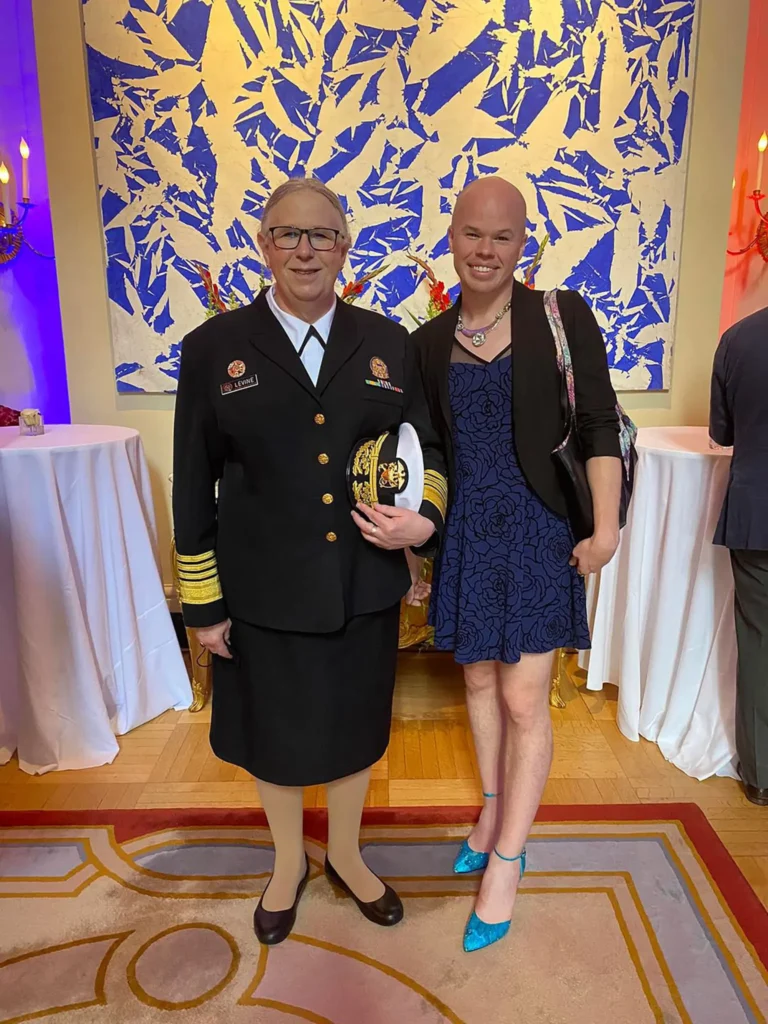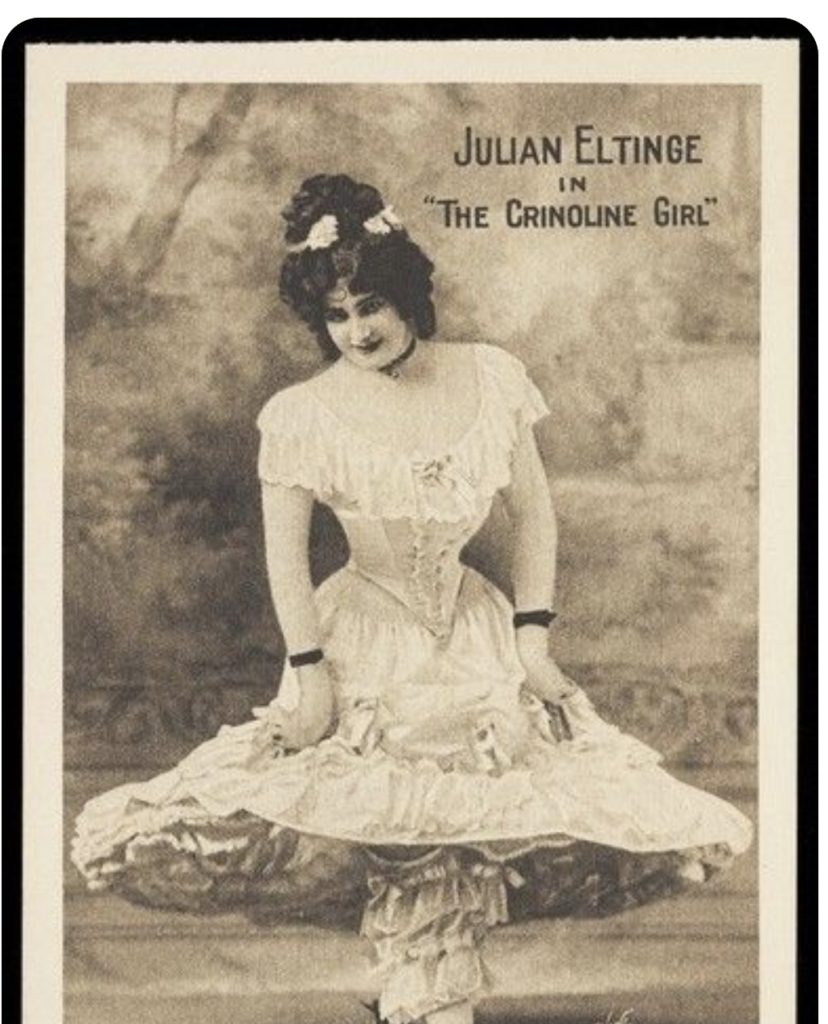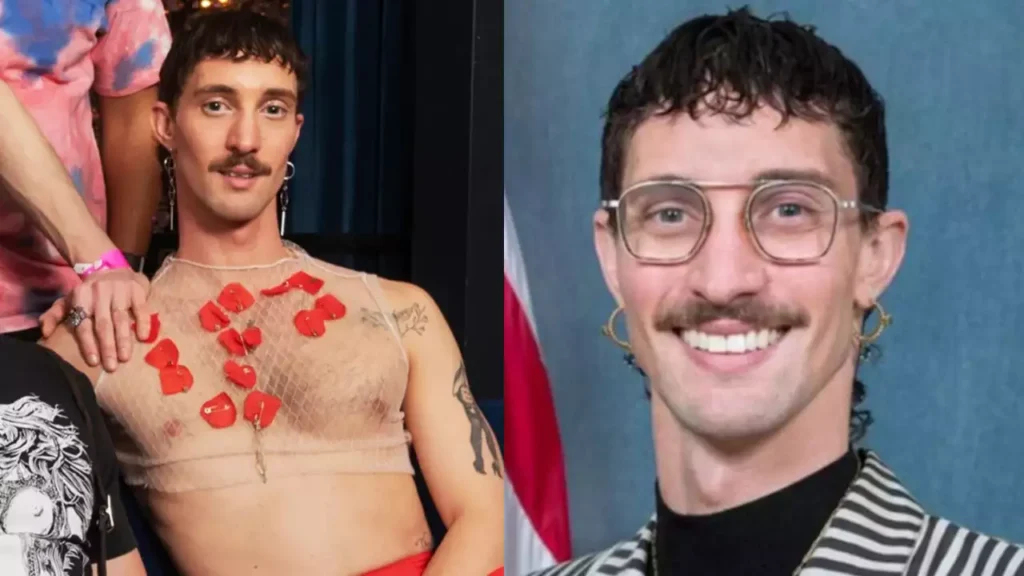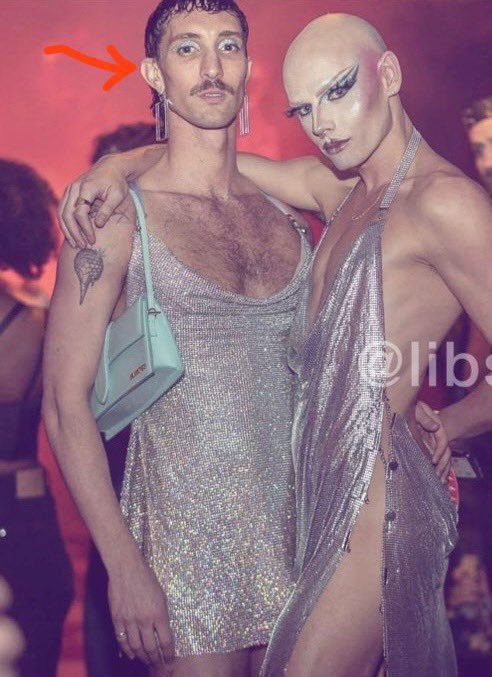So far as seeing things is an art, it is the art of keeping your eyes
and ears open. (John Borroughs, 1908)
You really can tell some things just by looking.
It cannot be said too often: the eye is an organ of the brain. It has its own way of knowing. When it looks, for instance, at the grotesque Admiral Rachel (né Richard) Levine, or Sam Brinton, the non-binary former Biden appointee to the Department of Nuclear Energy, it discerns the gulf between sanity and a simulacrum of it. A lurid glint of something untrustworthy and unwholesome flashes on the inward eye before gendercrats can block the fluorescence.

Certainly, no eye is infallible. Nothing human is. But at first glance—and in more situations than we are permitted to admit— the eye is a respectable guide. When acumen does falter, it is often because frequencies along the optic nerve have been jammed by interference released by ideologues.
So, friends, take a good look at Tyler Cherry. What do you see?
If you are like me, you see a libidinous exhibitionist with the chutzpah to trumpet his disdain for normalcy. In common vernacular, a creep. By contrast, a purblind human resources factotum will see—ever so kindly— a segment of the sexual spectrum that kindles a spot of stardust somewhere over the rainbow.
Demonic ecstasy on parade.
Tyler Cherry’s career—like that of Sam Brinton—is analogous to the psycho-sexual circus on display in current Pride parades. It is a distillation of what Fulton Sheen termed “demonic ecstasy”—a histrionic fever for subverting societal restraints. Not only on sexuality, but on assent to reality itself.
Only the visually impaired would leave a child alone with this nonbinary cocktail. The ethically impaired have no such inhibition. They welcome his performance as a finger in the eye to holdouts against the DEI juggernaut. Identity politics is a poison that, in the end, kills civilization as fast as it kills merit, fellow-feeling, and mutual solicitude. It acknowledges nothing except the drive of individual egos fixed on their own vindication.
The Biden Administration recently promoted Tyler Cherry to White House Associate Communications Director. To whom is she/her/ze/hir/they/it communicating? What, please, is the message?

Cherry’s official c.v. is posted publicly on his LinkedIn page. A weighty roster of credentials, it includes this self-description:
Working at the intersection of politics, policy, and advocacy, I have crafted and executed strategic communications plans for dozens of governmental, political, non-profit, advocacy, corporate, and legal organizations, including earned, paid and digital media strategy, crisis communications, speechwriting, debate and hearing prep, litigation strategy, and thought leadership and brand-building.
Strategic communications; thought leadership; brand-building—these are terms of propaganda. Cherry is a militant propagandist for left-liberal agendas. He earned entry to the command centers of that docket with a bachelor’s degree from UCLA in political science, centered on “civic engagement and gender studies.” In short, an activist curriculum tailored to his own bent.
His “marriage partner” is also a government official. Jakob Stronko is an “international programs specialist” at the Department of the Navy in Washington, DC.
The pair met in Nellie’s Sports Bar, a nightlife hotspot in Washington’s dicey U Street Corridor. Nellies features a drag brunch every Saturday and Sunday. Buy your ticket for a two-hour seating and “come get served like a queen, by a queen.” Or swing by and “smile big and pretty for the camera” if you are so inclined:
Nellies looks like an encouraging place for staffers of the Biden regime to find a partner:
Again, what is the message?
Cherry’s appointment by the Biden Administration is the latest move in the regime’s obsession with staffing every aspect of government—from regulatory agencies to branches of the military—with case studies in mental derangement or emotional disarray. [While you are here, look up Taylor (né Tyler) Miller, an officer in the Coast Guard. Also, the maudlin tale of Major “Rachel” Jones, now living as the woman he was meant to be.]

What does Major Jones sees when he looks at himself? Jones, like Admiral Levine, is not easy on the eye. Is he delusional enough to see an attractive woman? Even just a convincing one? What you are likely to see is a homely, balding, overweight man play acting as a changeling—a creature of contemporary folk lore.
Female impersonation is a performance art with a long history in the entertainment world. It thrived as a staple of comic opera and vaudeville. It featured in speakeasy floor shows and cabaret acts. Unhappily, we have stopped laughing and started sympathizing. Worse, we exalt the burlesque to a protected identity, one to be nurtured, admired, and advanced.

If increasingly freakish Pride parades tell us anything, it is that today is past time to pull the plug on exculpatory psychologizing. Misty-eyed empathy—faux-Christian sentimentality—and feminized crooning over so-called gender confusion has to stop. It is time to go back to laughing—not in appreciation of the entertainment but in derision for the ugly power play at work.
Life is not a cabaret, old chum. And a horse laugh is still a weapon. Saul Alinsky knew as much.






